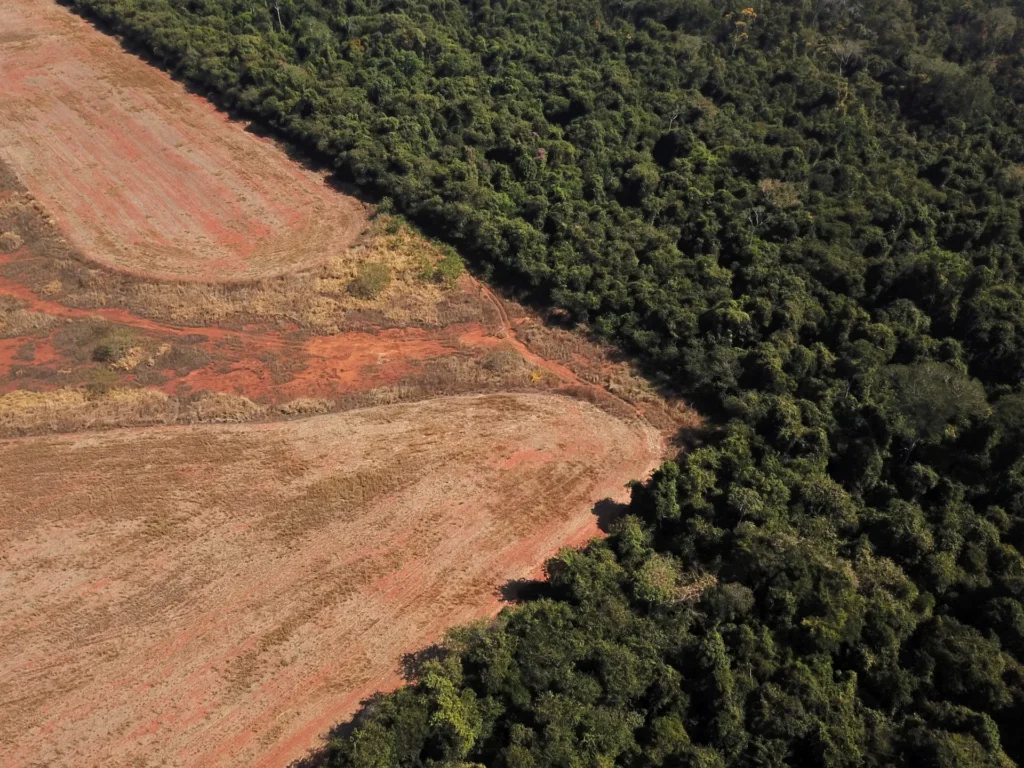EU Delays Mandate on Business Supply Chains to Eliminate Deforestation

- EU postpones the implementation of the Deforestation-free Products Regulation by one year, affecting compliance timelines for businesses.
- Large businesses now have until December 2025 and micro/small businesses until June 2026 to comply.
- The delay, influenced by lobbying from countries like Indonesia and internal EU stakeholders, raises concerns about the EU’s commitment to combating deforestation and climate change.
The European Union has officially pushed back the enforcement of its pivotal Regulation on Deforestation-free Products (EUDR), a move confirmed by European Commission President Ursula von der Leyen. Originally set for December 2024, the new regulation aims to ensure that major commodities such as palm oil, soy, and wood entering the EU market do not contribute to deforestation post-2020.
Compliance and Pressures
Facing an election year, the EU has succumbed to considerable lobbying from both within and outside its borders. Indonesia, a significant palm oil producer, has been particularly vocal, advocating for relaxed standards for smallholder farmers initially. This has led to concerns about the balance of environmental integrity and economic interests.
“The world’s forests urgently need protection,” stated an FSC spokesperson, emphasizing the critical nature of sustained preparation for compliance despite the delay.
Critical Responses
Environmental groups express strong disappointment over the decision. Luciana Tellez Chavez from Human Rights Watch criticized the EU’s decision as a retreat from environmental leadership. “Decades of unfulfilled pledges show that without penalties for non-compliance and without binding rules to ensure a level playing field, companies will not — and arguably, cannot — do what it takes,” Chavez elaborated.
Julian Oram of Mighty Earth likened the delay to “throwing a fire extinguisher out of the window of a burning building,” pointing out the potential repercussions on tropical forests and biodiversity. Despite these criticisms, the FSC encourages businesses to continue their preparations to meet the EUDR requirements, highlighting the ongoing need for rigorous compliance frameworks.
Related Article: EU Adopts New Law To Fight Global Deforestation
Moving Forward
As the EU redefines its timeline for combating deforestation through trade, the global community watches closely. This regulation not only impacts environmental outcomes but also shapes international trade relationships and the global marketplace’s approach to sustainable practices.
For executives and stakeholders in affected industries, understanding these shifts and preparing for eventual compliance is crucial as the EU continues to refine its legislative approach to environmental challenges.
Further details on the EUDR and guidance for businesses are available through the European Commission’s official channels and newly released compliance resources.








